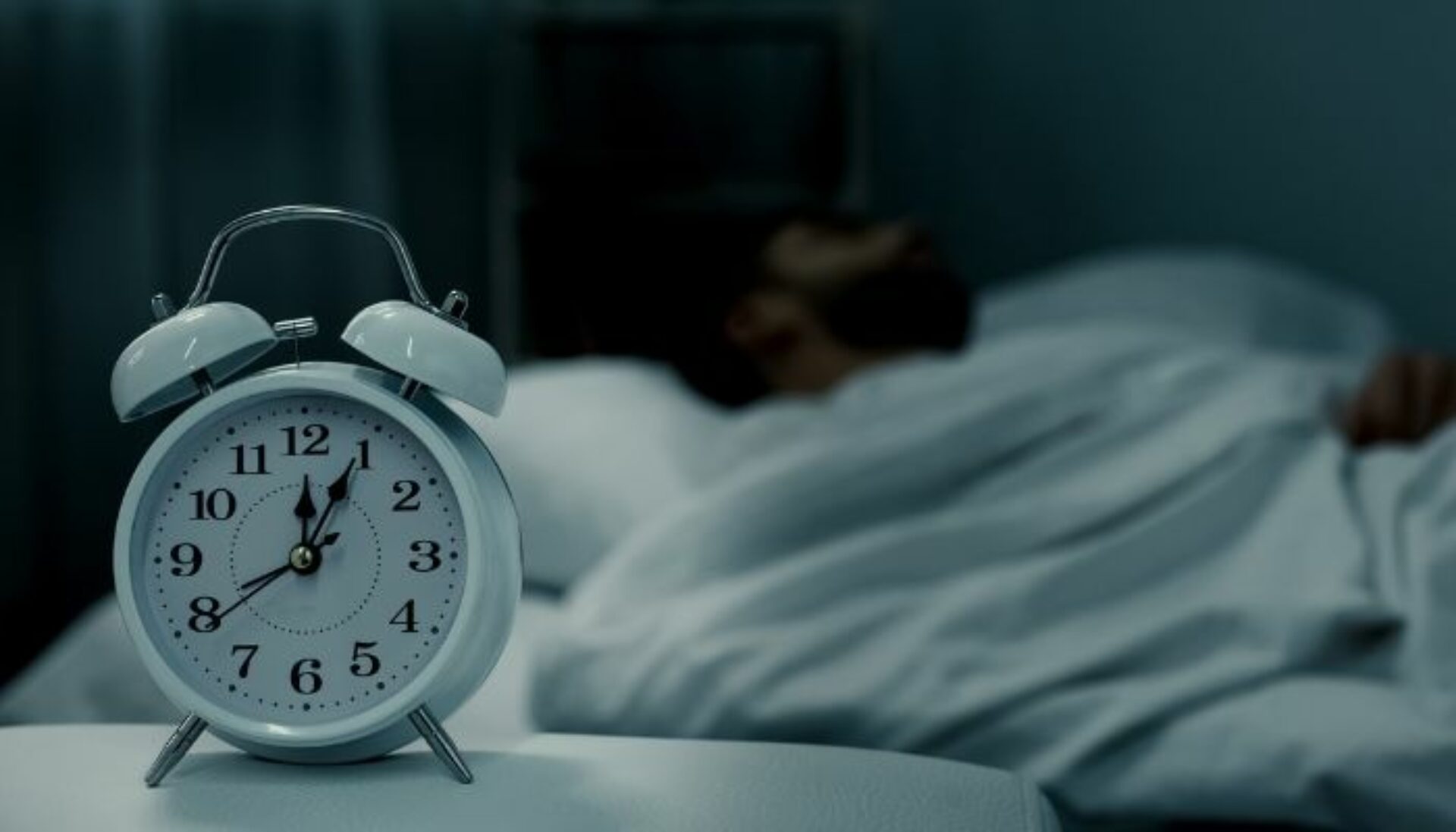For the launch of a new survey on sleep and mental health, we asked members of our sleep and circadian rhythms Lived Experience Advisory Panel why they think sleep and mental health go hand-in-hand.
In the third blog, a young person talks juggling sleep with their life and ways they’ve overcome common sleep issues.
The connection between sleep and good mental health is being talked about more – but where should research focus next?
This is the central question of a new project which brings together a network of experts (researchers, clinicians, service-users and young people) on sleep, circadian rhythms and mental health to discuss this, and lots more.
To get the project started, a new survey has been launched. We want to hear about your experiences of mental health and your body clock – to take part and share your thoughts find out more here.
By sharing what you feel is most important about mental health and the body clock, your thoughts will steer the direction of future research in this area.
In the meantime, here is the second of the project’s Lived Experience Advisory Panel (LEAP) talking about the importance of, and link between, sleep and mental health.
Being well rested allowed me to make better decisions and be more emotionally stable. Sometimes, I realised that a lack of sleep lead to me being antisocial and less willing to work with others.
Anonymous (young person):
Undoubtedly, sleep has a big effect on my mental health. In my own personal experience, I believe that consistent sleep has given me a good tolerance to stress.
As an A-Level student, I am constantly juggling different aspects of my life. For example: family life; current and future education plans; part-time work. Your ability to handle these different aspects will naturally have an impact on your mental health.
Consistent sleep, however, is something that is difficult to achieve. I believe my biggest barrier to consistent sleep was my phone.
With the emergence of new social media apps and features, I find it easier to be drawn into an excessive amount of screen time. It is also not helpful when friends and family members engage in late-night conversations over the phone.
I have learnt to overcome these problems mainly by being disciplined and trying to set boundaries for myself.
This may include putting my phone in another room the night before an important exam. Certain apps, such as Instagram, also have a feature in which you can set a reminder to put your phone down after a certain time, which you can set. I found these features especially helpful.
Creating a positive sleep cycle
Overall, I found that being well rested allowed me to make better decisions and be more emotionally stable. Sometimes, I realised that a lack of sleep lead to me being antisocial and less willing to work with others.
This naturally lead me to being more aware of my sleep schedule, and highlighted the fact that I must take the correct steps to overcome the problem.
Sleep is also important to me, and my ability to do regular exercise. On days where I lacked sleep, I found myself neglecting my daily exercise routine.
This can be quite detrimental, as once you form a bad habit, it’s hard to let go. A lack of exercise can also have knock-on effects, and thus impact other parts of your life.
The survey is open until 15th June 2024. Find out more about the project here and take part in the survey here.
Read the other blogs from our Circadian Rhythms Network project:
